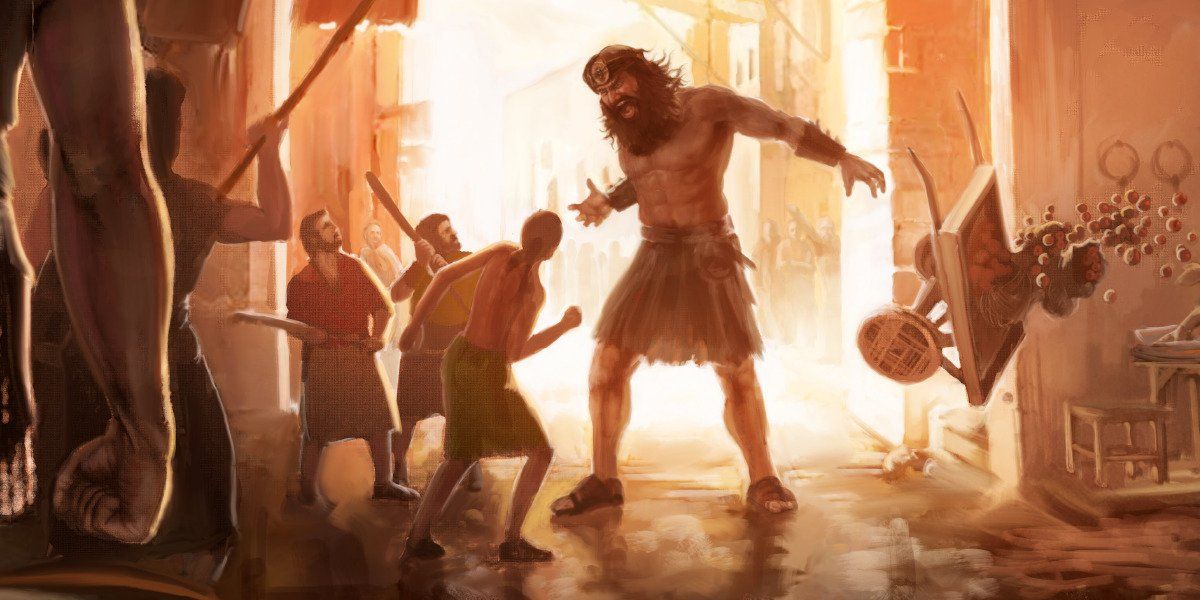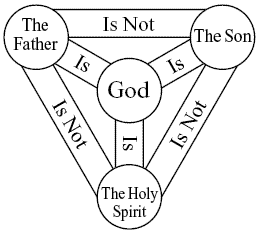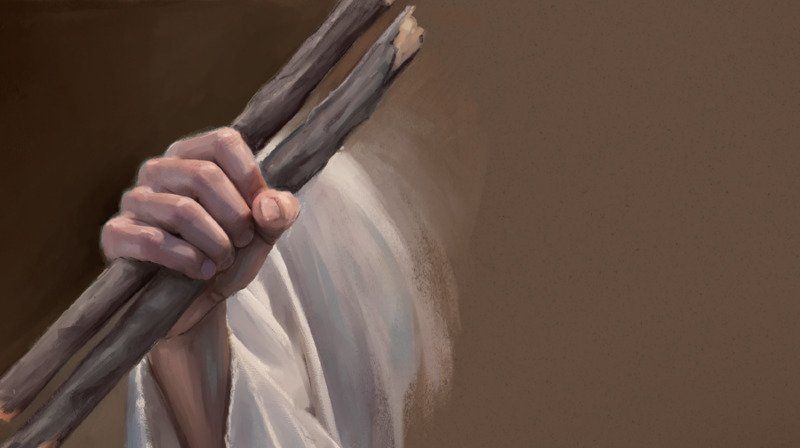Does the Bible give any preference to the poor over the rich when it comes to legal rights?
To answer the question in a word, No.
But that’s not the end of it either. What does the Bible say to the God-fearing judge or Justice of the Peace about partiality?
The Scripture is harsh toward anyone who shows partiality in judgment, even if the individual being shown favoritism is poor. In fact, there are very specific criticisms directed at anyone who would bend and distort the law in order to produce verdicts in favor of the poor. For example: “Ye shall do no unrighteousness in judgment: thou shalt not respect the person of the poor, nor honour the person of the mighty: but in righteousness shalt thou judge thy neighbour” (Leviticus 19:15). “Thou shalt not follow a multitude to do evil; neither shalt thou speak in a cause to decline after many to wrest judgment: Neither shalt thou countenance a poor man in his cause” (Exodus 23:2-3). “Ye shall not respect persons in judgment; but ye shall hear the small as well as the great…” (Deuteronomy 1:17).
Clearly to those who judge, God says, “judge righteous judgment” (John 7:24). But what does God say to those who are not poor about the poor? They are exhorted to “Remember the poor” in Gal 2:10. When led of the Lord, each man is encouraged to help “according to their ability” (Acts 11:29).
Old Testament examples abound too. God gives some very specific commands in Deut 24:19-21. To sum them up He says, “don’t harvest the same crop twice in a year” and “don’t go after the olives and grapes that matured late” – leave all that for those who are indeed poor (we will always have the poor with us/Matt 26:11).
Look also at Leviticus 19:9-10, “And when ye reap the harvest of your land, thou shalt not wholly reap the corners of thy field, neither shalt thou gather the gleanings of thy harvest. And thou shalt not glean thy vineyard, neither shalt thou gather every grape of thy vineyard; thou shalt leave them for the poor and stranger…”
The point was not to give something for nothing. That would both destroy personal dignity and go against the Scripture that says if a man who can work, won’t work, he shouldn’t eat (2 Thess 3:10). The poor, the widow, the fatherless, and the stranger still had to get out in the field and work for it! But the excess was left “on purpose” (Ruth 2:16) to be a blessing to those who needed it and a conduit of even greater blessing to those who had been given stewardship of the land (Deut 24:19).










